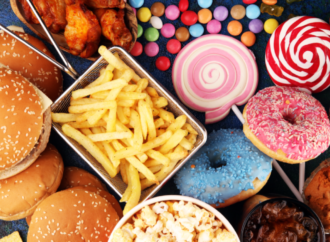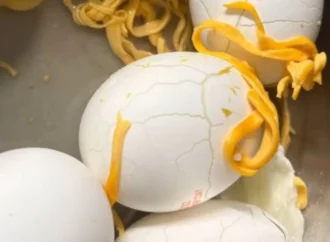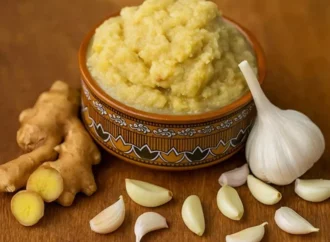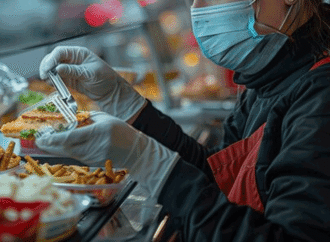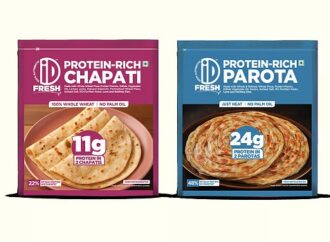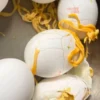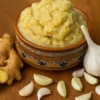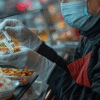Overview
Doctors across India have welcomed the Food Safety and Standards Authority of India’s (FSSAI) decision to ban the use of the term “ORS” on packaged beverages, calling it a long-overdue move to protect children’s health. For years, several flavoured drinks marketed as “ORS” or “hydration beverages” misled consumers and put young patients at risk. Many of these products, sold even in pharmacies, contained up to ten times more sugar than the World Health Organisation’s (WHO) recommended levels.
Wrong Formulation Made Illness Worse
According to WHO standards, a proper oral rehydration solution should contain 13.5 grams of sugar per litre of water. Tests on commercial drinks, however, showed sugar content ranging from 110 to 120 grams per litre. “These fake ORS drinks do the opposite of rehydrating — they worsen diarrhoea,” warned paediatricians. Excess sugar draws water into the intestine, increasing fluid loss instead of restoring it.
Real ORS Saves Lives — Fakes Endanger Them
Doctors from major hospitals in Delhi and Hyderabad recalled several cases of children suffering severe dehydration, seizures, or even brain swelling after being given these imitation drinks. “Both extremes — too much sugar or too much salt — can be fatal,” they cautioned. Genuine ORS, when prepared correctly, safely replaces lost salts and fluids.
Awareness and Regulation Go Hand in Hand
Experts stressed that awareness remains essential. “Parents must always use WHO-approved ORS sachets and mix them exactly as directed,” said physicians. They added that no energy or sports drink can replace a medically approved formula. With the FSSAI ban now in place, doctors say the decision sends a strong message to beverage manufacturers who profited from misleading health claims. The move is expected to prevent further misuse of the ORS label and help consumers make safer, informed choices.
Source: The Times of India
 Food Manifest
Food Manifest 
